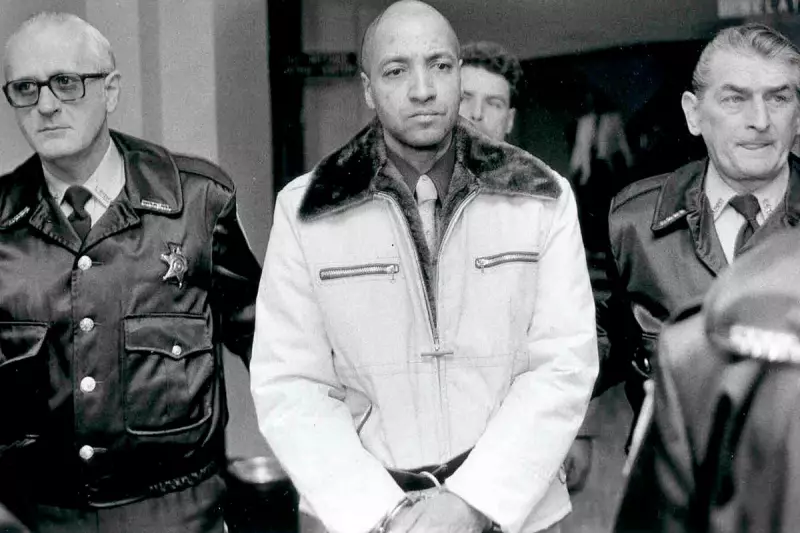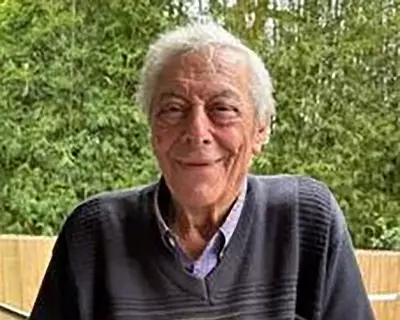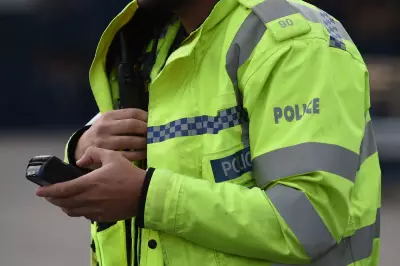
George Banks, one of Pennsylvania's most notorious mass murderers, has died in prison after spending nearly 40 years on death row for one of the state's most horrific killing sprees.
The 81-year-old convicted killer passed away at a state correctional facility, bringing a grim chapter in American criminal history to a close without the execution that had been pending since his 1983 conviction.
The 1982 Night of Terror
On September 25th, 1982, Banks embarked on a calculated shooting rampage through Wilkes-Barre that would shock the nation. Armed with multiple weapons, the former security guard systematically targeted victims across three different locations in a horrifying display of violence.
What makes the case particularly disturbing is that five of his thirteen victims were his own biological children. The massacre included the deaths of four mothers of his children, demonstrating the deeply personal nature of his crimes.
Four Decades in Legal Limbo
Despite being sentenced to death in 1983, Banks never faced execution due to ongoing legal challenges and Pennsylvania's effective moratorium on capital punishment. His case became emblematic of the complexities and delays within the American death penalty system.
Pennsylvania hasn't executed anyone since 1999, and Banks joined dozens of other inmates living in a strange purgatory - sentenced to die but likely to end their lives from natural causes.
A Troubled Past and Mental Health Questions
Throughout his trial and subsequent appeals, Banks' mental state remained a central issue. His defence team argued that psychological factors should have spared him from execution, though these arguments ultimately failed to overturn his conviction.
The case continues to serve as a grim reminder of the devastating consequences when mental health issues, access to firearms, and personal crises intersect with tragic results.
Banks' death marks the end of one of Pennsylvania's longest-standing death row cases, leaving behind a legacy of unimaginable loss and ongoing questions about justice, mental health, and the American penal system.





